The following post comes from Cala Coffman, a 2L at Scalia Law and Research Assistant at C-IP2.
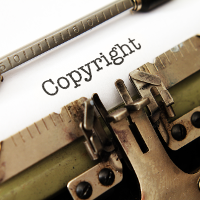 At the recent C-IP2 conference entitled IP on the Wane: IP on the Wane: Examining the Impacts as IP Rights Are Reduced, one panel discussed the current state of copyright law, the pressures it has come under in recent years, and their differing perspectives on how the digital world is shaping copyright. Read more
At the recent C-IP2 conference entitled IP on the Wane: IP on the Wane: Examining the Impacts as IP Rights Are Reduced, one panel discussed the current state of copyright law, the pressures it has come under in recent years, and their differing perspectives on how the digital world is shaping copyright. Read more
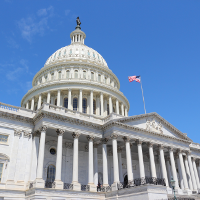 By Liz Velander
By Liz Velander  CPIP has published a new policy brief by Professor
CPIP has published a new policy brief by Professor 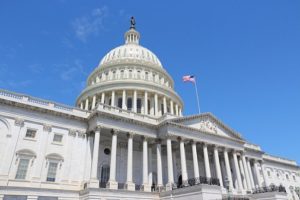 By Yumi Oda
By Yumi Oda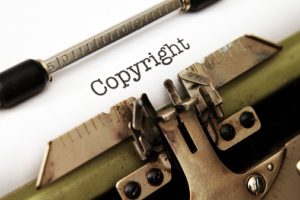 The U.S. Copyright Office released its long-awaited report on
The U.S. Copyright Office released its long-awaited report on  With Section 512 of the DMCA, Congress sought to “preserve[] strong incentives for service providers and copyright owners to cooperate to detect and deal with copyright infringements that take place in the digital networked environment.”
With Section 512 of the DMCA, Congress sought to “preserve[] strong incentives for service providers and copyright owners to cooperate to detect and deal with copyright infringements that take place in the digital networked environment.”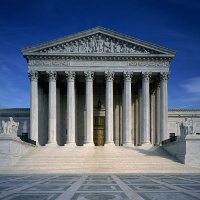 Earlier this week, the Supreme Court handed down its
Earlier this week, the Supreme Court handed down its  Last August, I wrote about CloudFlare’s “
Last August, I wrote about CloudFlare’s “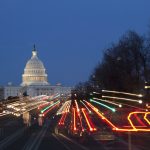 On December 14th, a group of librarians sent a
On December 14th, a group of librarians sent a